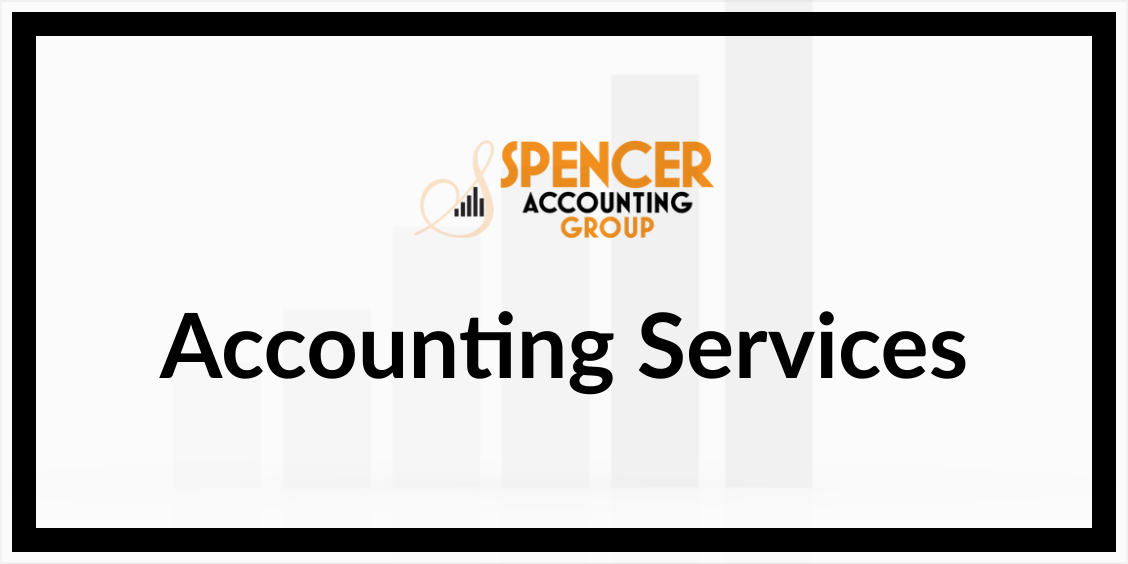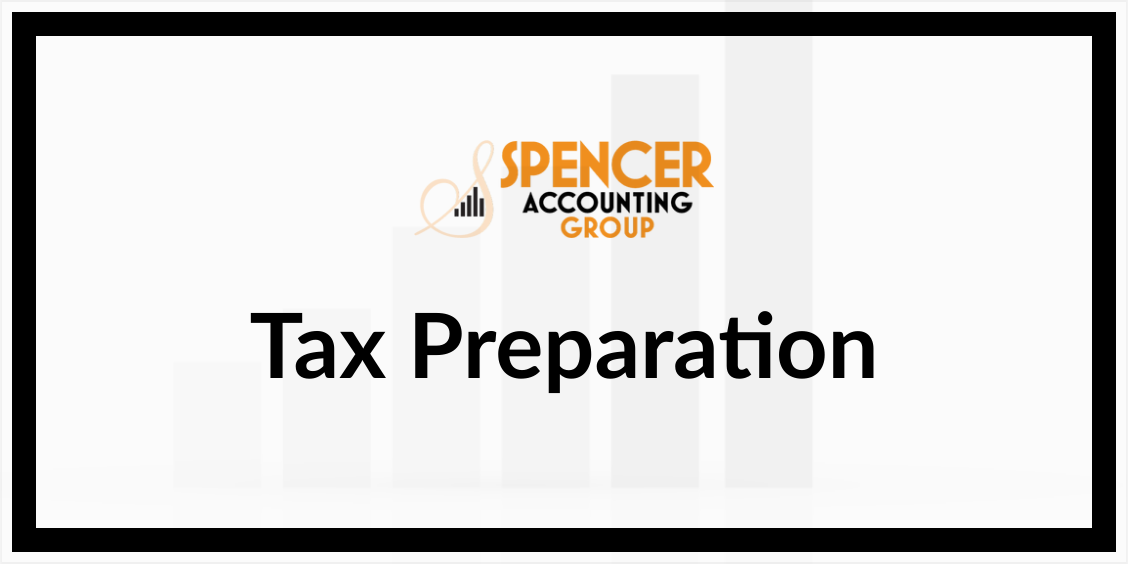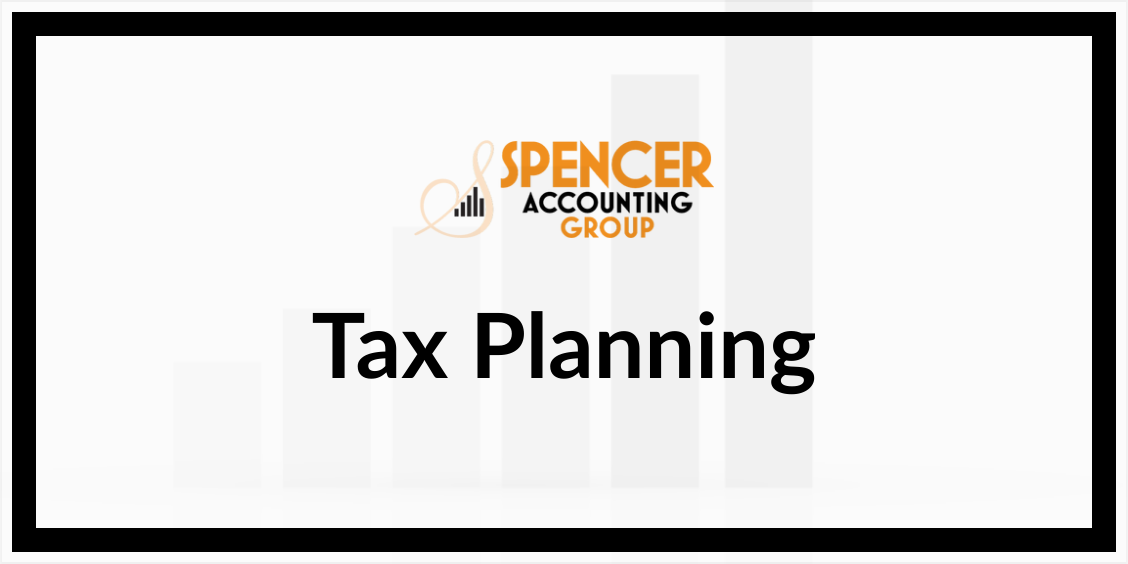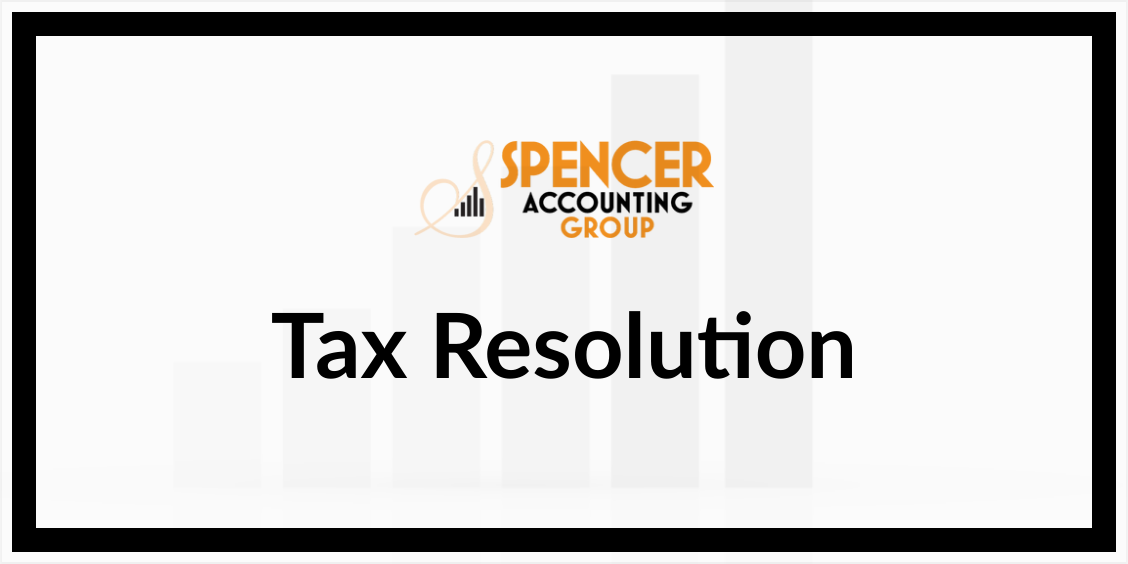|
The recent tax reform contains two big changes to how much you can deduct in mortgage interest for tax years 2018 through 2025:
Exception alert. Your home equity loan may include acquisition or home-improvement debt, and that debt continues as deductible under the recent tax reform rules. Example. Billy took out a $90,000 home equity loan in 2015. He used $50,000 to remodel portions of his home and used the remaining $40,000 for his daughter’s college tuition. Billy’s total home mortgages never exceeded $1.1 million. Under the new law, Billy may deduct five-ninths of his home equity loan interest in 2018. Acquisition debt. When you buy your main home or a second home and take out mortgages secured by those homes, your mortgages are called acquisition debt. You can add acquisition debt when you improve your main or second home, and that new debt is secured by the home you improved. Refinancing alert. Your acquisition debt does not increase when you refinance unless you use the new monies to improve the home. Example. Tom bought a home in 2010 and took out a $500,000 mortgage that he secured with the home. In 2018, Tom has paid down his mortgage to $430,000, and his home has increased in value to $800,000. Tom refinances the home and takes out a new mortgage in the amount of $600,000, secured by the home. If Tom uses none of the new money to improve his home, his mortgage interest deduction in 2018 is based on the $430,000 of mortgage principal that remained as of the date of his refinancing. To put this in perspective, your original acquisition debt never increases on that original home. To increase your debt eligible for the home mortgage interest deduction, you need to use the new debt to improve the home. Ceilings. Because of tax reform, you now have two possible 2018 ceilings on your home mortgages that are eligible for the mortgage interest deductions. $1.1 million. For indebtedness incurred before December 15, 2017, you may not deduct interest on more than $1.1 million in mortgages ($1 million in acquisition debt and $100,000 in home equity debt used for acquisition or improvements). The original $1.1 million ceiling is grandfathered for acquisition and improvement loans in existence before December 15, 2017. Example. Sam took out his mortgages during 2013. Sam faces the $1.1 million ceiling in 2018. $750,000. For home mortgage indebtedness incurred on or after December 15, 2017, you may deduct interest on no more than $750,000 of home mortgages. Example. Jim took out his mortgage in 2018. He faces the $750,000 ceiling. Exception. If you entered into a written, binding contract before December 15, 2017, to close on the purchase of a principal residence before January 1, 2018, and you complete the purchase before April 1, 2018, you fall into the $1.1 million ceiling category.
0 Comments
Leave a Reply. |
We're Here to HelpGet advice from our experienced network of financial managers. If you Value our Blog, We have an ask.We spend hours researching data to help you understand your finances and taxes, including historical context, issues, and solutions. Our goal is to empower people to improve their relationship with money. Please consider a $3 donation today. Important Disclosures
Spencer Accounting Group, LLC does not provide investment, tax, legal, or retirement advice or recommendations in these blogs. The information presented here is not specific to any individual's personal circumstances. AuthorKeana Spencer is an Accountant, Entrepreneur, and Educator to her clients, with a strong passion. Keana has over 10 years of experience and through her practice, she is a source of knowledge and strategies to her clients. |

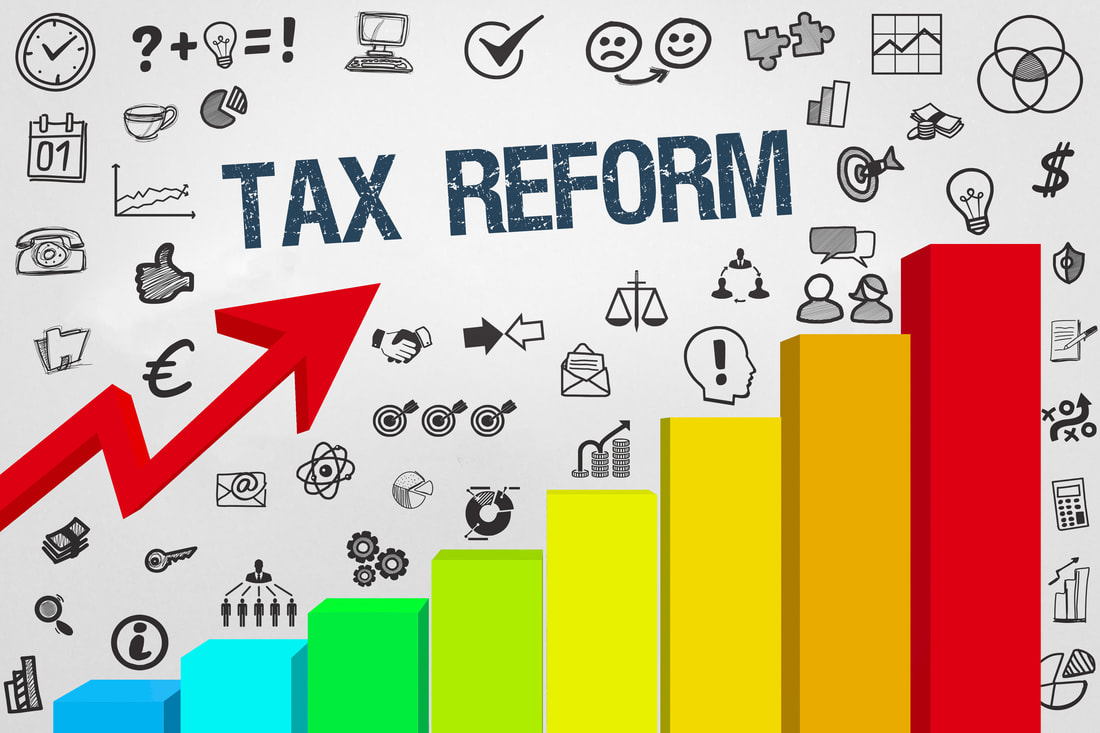
 RSS Feed
RSS Feed
